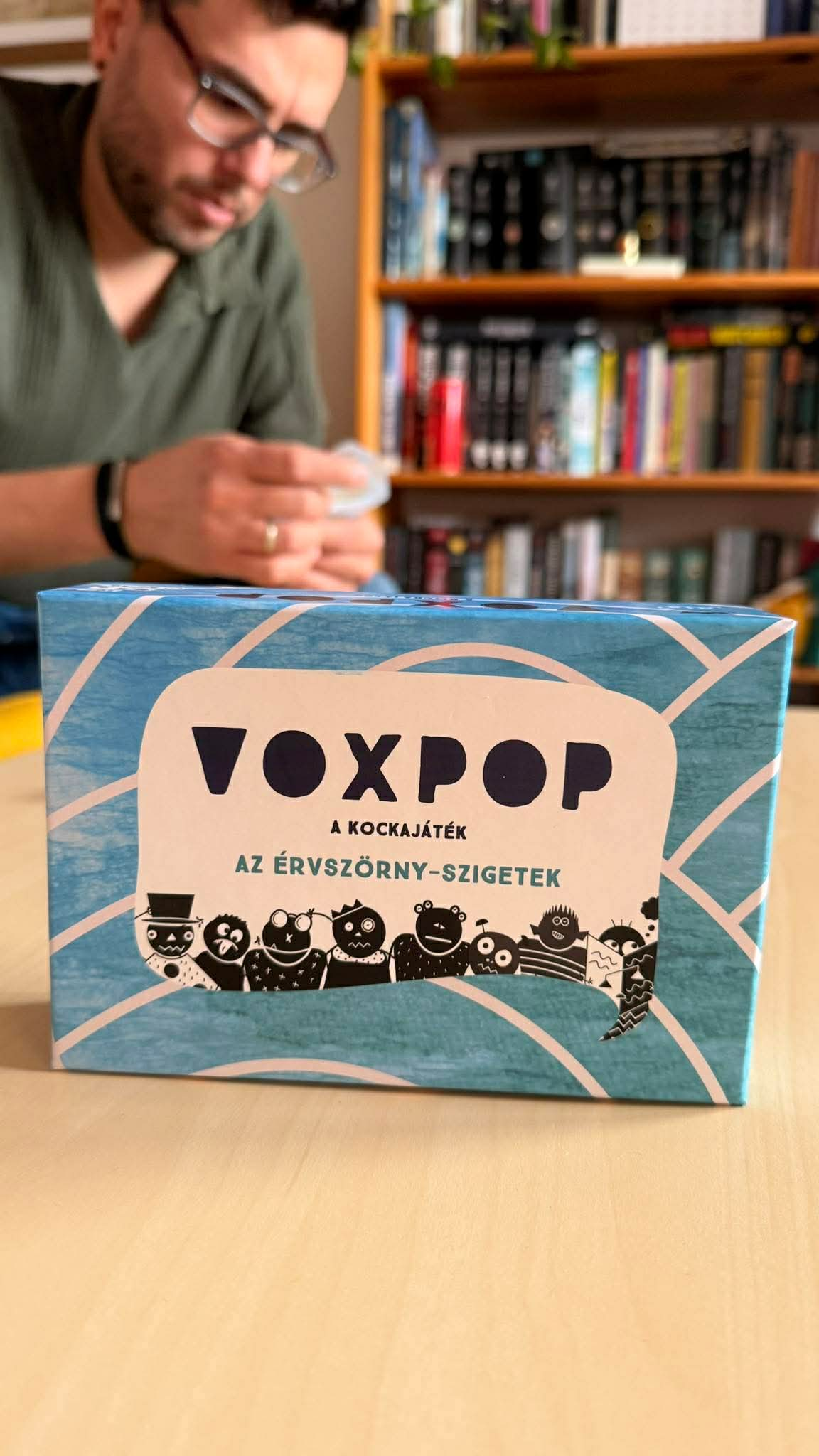Today, I held a board game education workshop. Well, actually three, but it was the same one repeated three times. A training day was organized for child protection professionals, with several workshops available, so each of us repeated our session three times so participants could attend more than one.
I only had 60 minutes, which isn’t much, so I didn’t aim for completeness. Instead, I focused on showcasing our approach and perspective.
We played a total of four games and used them as a basis for discussing the educational benefits of board games. I like to start my trainings and workshops with Happy Salmon. Firstly, because it sets a good mood, and secondly, because even a 90-second party game can generate a lot of interesting and useful insights. It’s a great opener.
An interesting feature of the game is that you have to physically interact with others, and that you "score points" by giving points to others as well, which creates a very exciting dynamic.
From this point on, we focused on exploring games that have simple rules, short playtimes, and require almost no equipment. These kinds of games are the most effective way to start a board game project with groups of children where board game culture has yet to develop.
I taught a few variations of NIM. These are quick, simple, and easy-to-learn games that use pebbles. You can play 8-10 rounds in 15 minutes, and the repeated experiences help players learn how to win, how to lose, and how to approach the understanding of a structure over and over again. In this way, we also learn a lot about our own learning process.
After that, we brought out the game PIG, which is a wonderful one-dice game, and had great discussions about risk-taking, the role of luck as an equalizer, and mathematical competencies. We also talked about how children can learn to play board games through such simple games: following turn order, rolling dice, and so on.
To close, we played PIT with a deck of standard playing cards. It got us moving again, and we had a chance to discuss classic card games. Through PIT, we also touched on the importance of handling our plans flexibly.
If even just a few professionals became a bit more open to the world of board games today and saw their potential for educational development, then I’ve already won.




